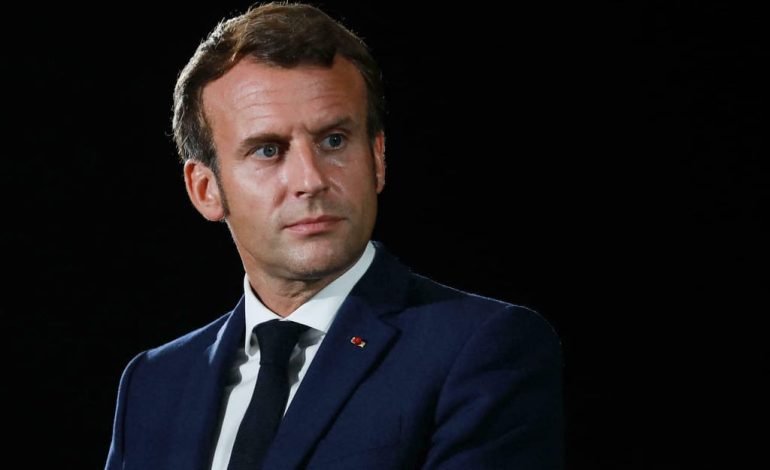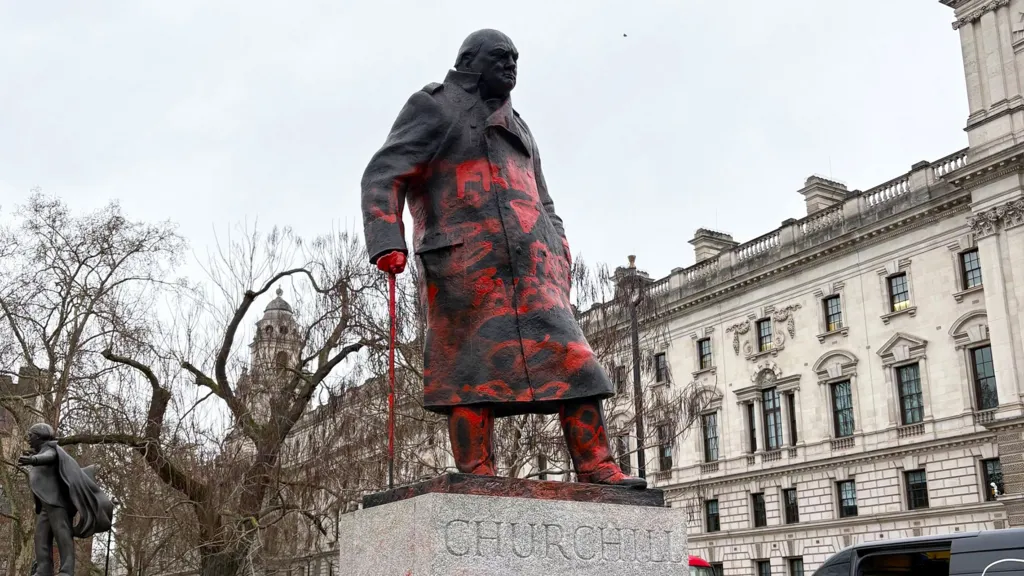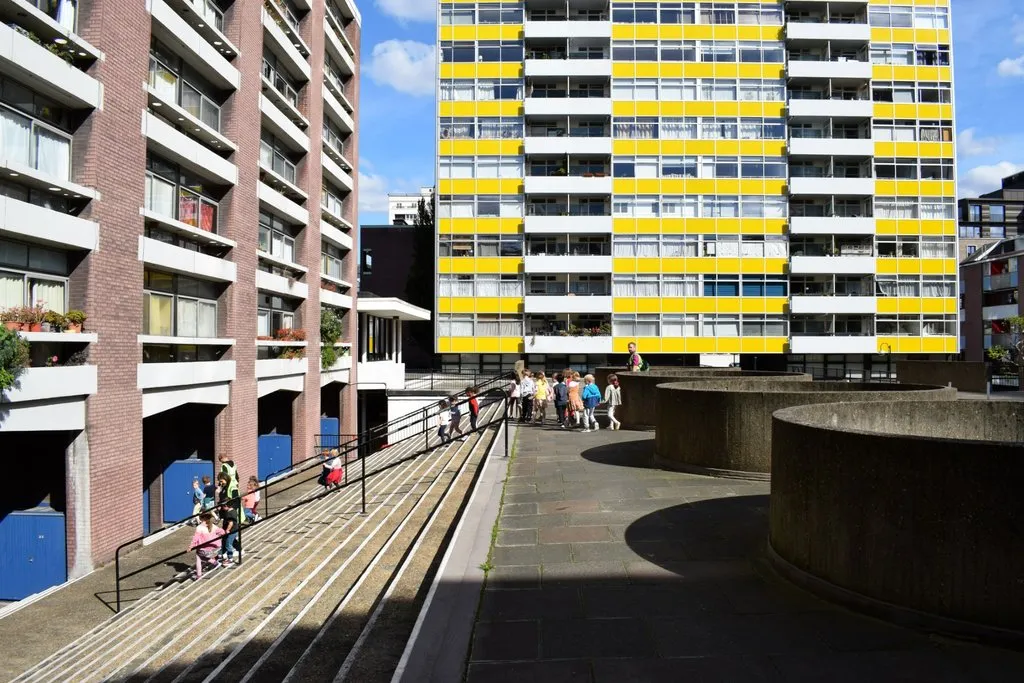Snap Parliamentary Elections Could Reshape Political Landscape in France

Emmanuel Macron, the current President of France, is heading into a critical snap parliamentary election this Sunday, which could potentially bring the country’s first far-right government since World War II or result in a fragmented parliament with no clear majority.
The election’s outcome remains highly uncertain due to a brief campaign period and the competition among three major political blocs: the far-right National Rally, President Emmanuel Macron’s centrist alliance, and the New Popular Front coalition.
France’s complex electoral system requires candidates to secure over 50% of the vote to win outright on Sunday. If no candidate achieves this, the top contenders move on to a second round on 7th July.
Recent opinion polls show the National Rally potentially securing up to 37% of the popular vote, while Macron’s centrist bloc is anticipated to attain 20%. The far-right party aims to secure an absolute majority of at least 289 of the 577 seats in the National Assembly.
Political historian Jean Garrigues explains that if Emmanuel Macron and his centrist alliance loses its majority, a scenario known as ‘cohabitation’ would occur. “During cohabitation, policies are primarily those of the prime minister,” Garrigues says. “However, the president retains significant influence over foreign policy, European affairs, and defence.”
The potential outcomes of this election could have far-reaching implications for France’s domestic and foreign policies. National Rally’s leader, Jordan Bardella, has stated that as prime minister, he would oppose sending French troops to Ukraine and refuse deliveries of long-range missiles capable of striking Russia, diverging from Macron’s stance.
If no party secures a majority, the president can appoint a prime minister from the largest parliamentary group, though this choice is contentious. Building a broad coalition or appointing an “expert government” unaffiliated with political parties are other complex options.
Public law expert Melody Mock-Gruet from Sciences Po Paris believes the 5th Republic’s Constitution is robust enough to endure these challenges, though public acceptance of the situation remains an unknown factor.
As France prepares for this crucial election, the world watches closely. The outcome could significantly impact not only France’s political landscape but also its role in European and global affairs.









